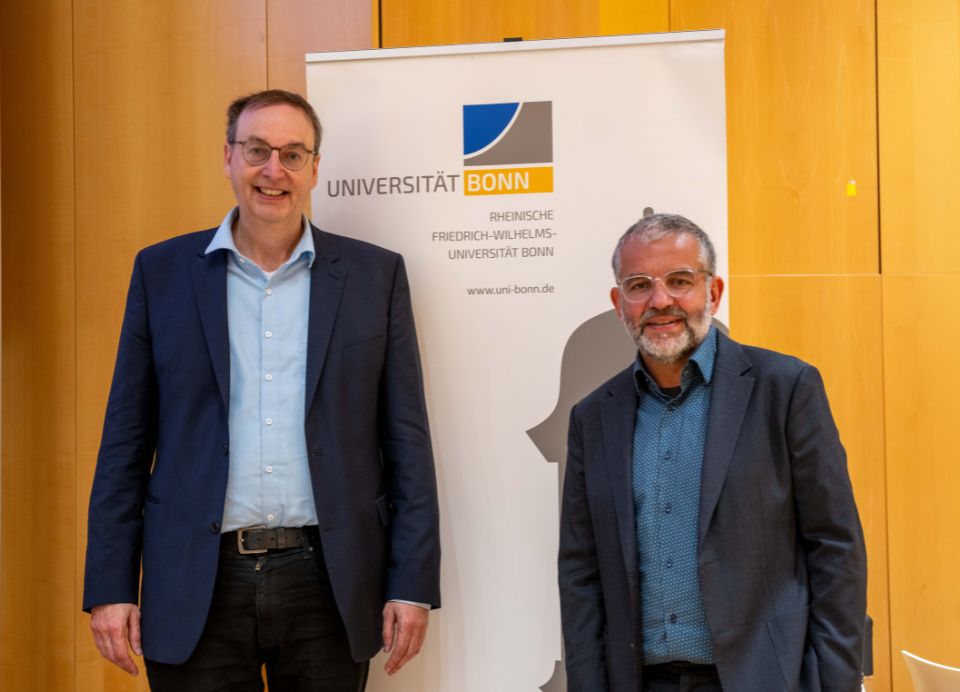We are exposed to countless viruses and bacteria every minute of each day. But despite this, we do not always get sick and this because our immune system is remarkably effective in denying the invading viruses and bacteria from causing an infection.
Drugs, such as antibiotics or antivirals, seek to help the immune system in this remarkable process. The most common approach to developing new medications against infections is therefore to focus on specific virus or bacterium and try to find ways of destroying it. This can be by stopping the ability of the invading pathogens to multiply or by blocking important steps that it needs to survive.
However, in the event of a new pathogen when time is crucial, this can take too long. For example, COVID-19 therapeutic drugs Paxlovid and Molnupiravir were only available in July 2023, three years after vaccine approval.
But what if the approach to therapeutic development harnessed the body’s natural defence – its immune system? This is the question that the University of Melbourne’s Professor Sammy Bedoui and his team are hoping to answer through their research.
“We are focusing on early immunity, or the body’s first line of defence and we are trying to learn the tricks that allow our immune cells to be so successful in keeping us healthy,” Professor Bedoui said.
“This is different from trying to develop medicines against specific pathogens, because we are focusing on general defence mechanisms that protect from all sorts of pathogen – and not just one specific virus or bacterium.”
Replicating the body’s ability to trigger an immune response appropriate to the threat level will also be key.
“Think of the body’s immune response to attacking viruses as a military operation. The principal of proportionality requires that just enough force is used to stop an enemy. The same is needed in the fight against infections.
“So, our vision is to develop medicines that use the right amount of force. Sometimes all it takes is to deploy a targeted sniper attack, while in other cases an all-out offensive might be necessary. This depends on the nature of the enemy.”
The research aims to develop a blueprint for therapeutic treatments that mimic the human body’s early immune response to fend off infectious diseases, no matter the pathogen.
“The right blueprint will make therapeutic treatments available in much shorter timeframes than currently possible, because these medicines don’t need to be specific against a newly emerging pathogen,” Professor Bedoui said.
“We also aim to lay the foundation for safe and effective treatments for vulnerable, immunocompromised people.”
Research will be undertaken in partnership between the Cumming Global Centre for Pandemic Therapeutics and the University of Bonn. Read more on the partnership here.
Spotlight on Therapeutics: This content series profiles the projects and people behind the Cumming Global Centre for Pandemic Therapeutics innovative research.
More updates and news from the Doherty Institute
